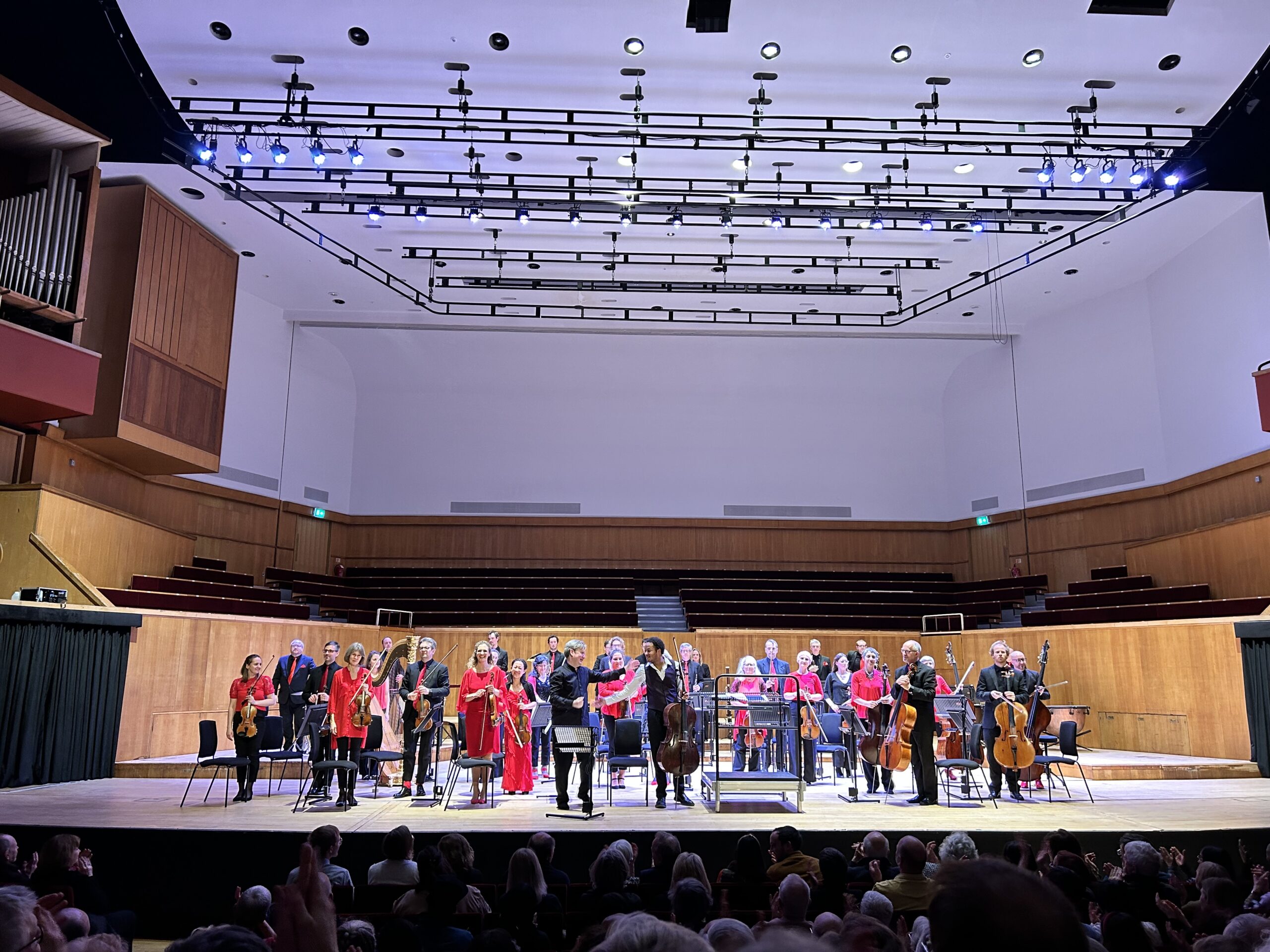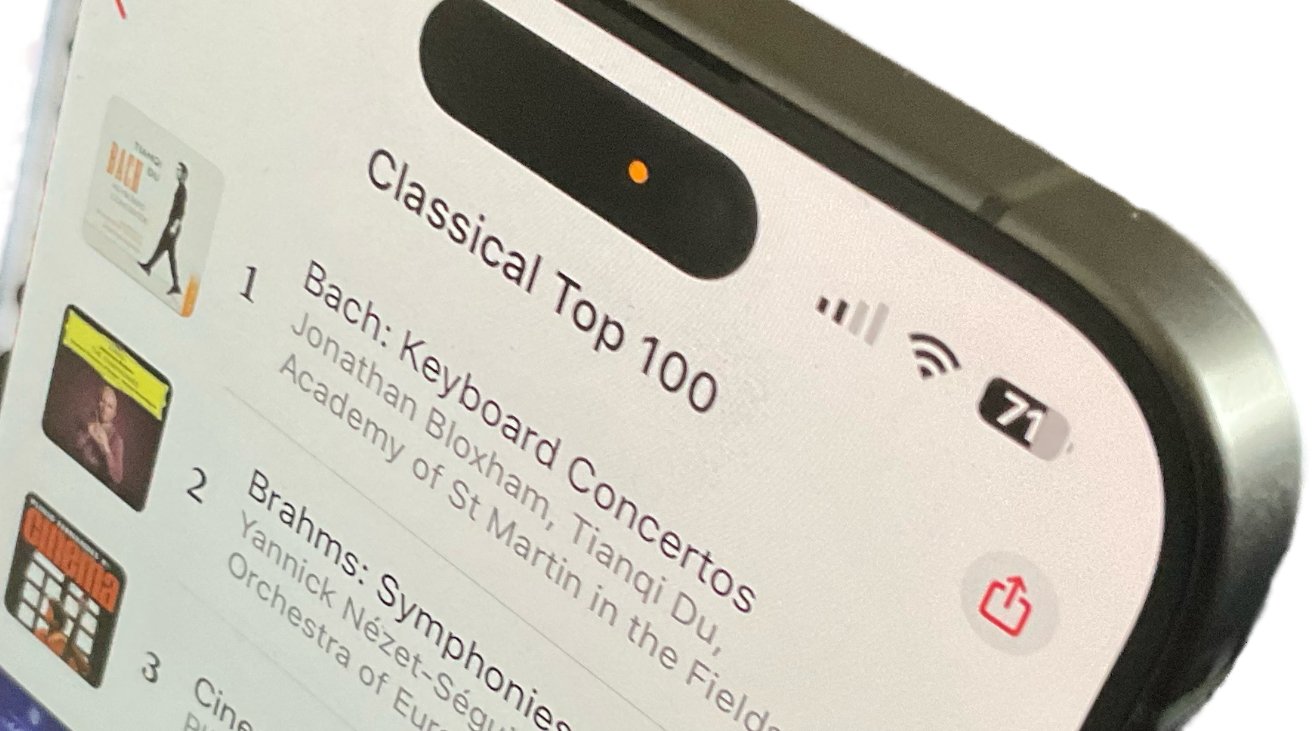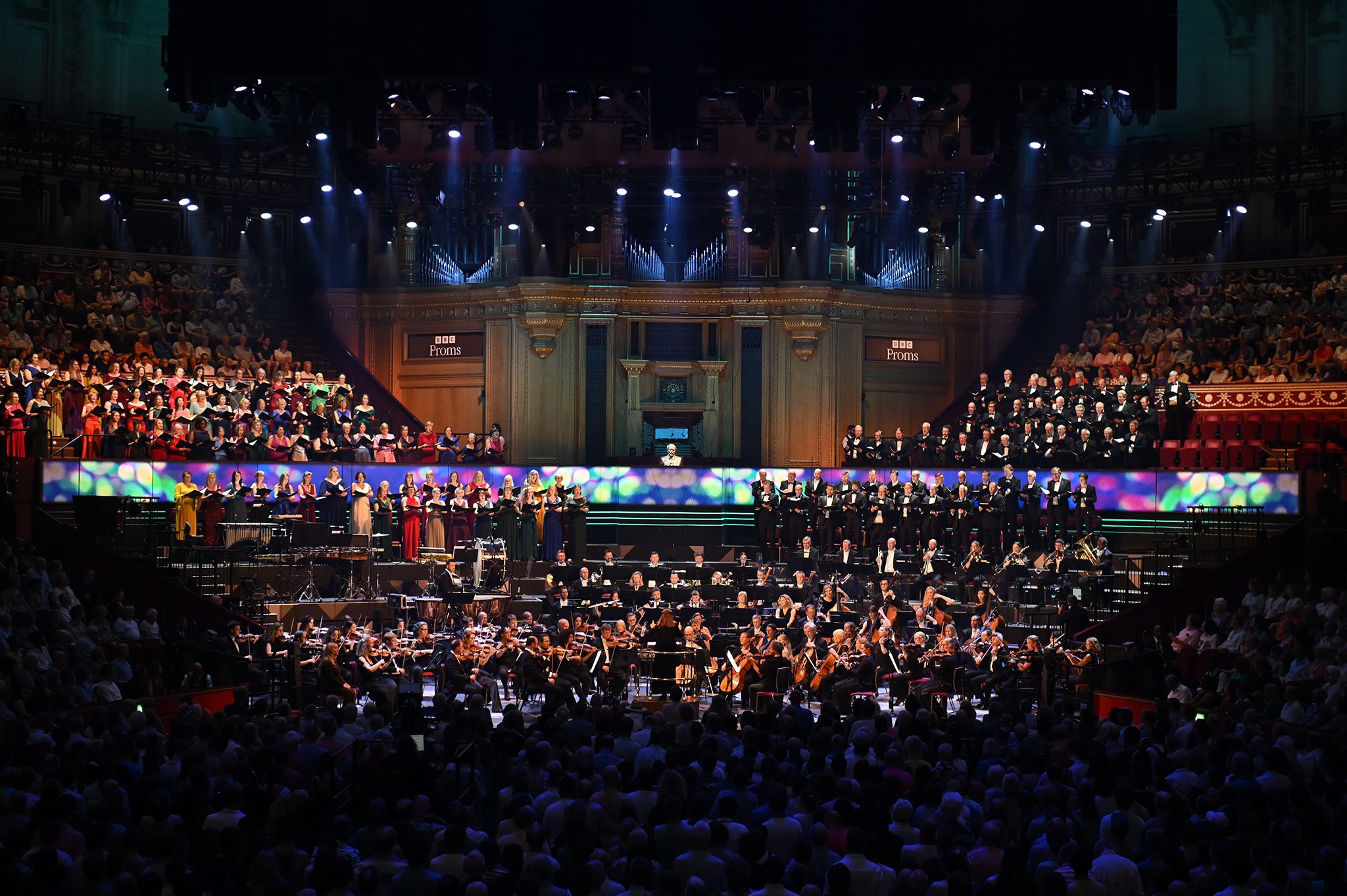Increasingly my concert-going experiences start long before the first note is played and extend beyond the music heard in the auditorium. Embarking on a trip to hear live music may even start the moment I set foot out of my front door. How does each experience compare? That’s the question that frames most of the posts on this blog for this year. London Mozart Players at Fairfield Hall – a ‘local’ venue – is as close to me in Lewisham as its ‘older sister’ the Royal Festival Hall is. Croydon’s arts centre seven miles south of central London is an entirely different experience. How did it shape up?
After a short dimly lit walk from East Croydon station, Fairfield Halls gleams in amongst unprepossessing surroundings. Inside the space is clean, airy, and accommodating. We could quite easily be stepping into a municipal swimming pool. The bar service is a little slow (there was an extended delay at the bar whilst my plus-one gently tussled with staff over the apparent inconsistency of being allowed to take in a plastic tumbler full of wine but a plastic bottle of sparkling water being a trip hazard) but there’s no queue for the toilets and plenty of places to sit down. The grand sweeping staircase that leads up to the mezzanine floor is uplifting. And the gentle murmur of the crowd hints at a regional ‘out of town’ orchestra gig feel – the perfect foil to the comparative freneticism of a central London gig.
Me and my plus-one for the evening amble to the auditorium. There is a mix of ages, overcoats and hair colours reinforcing the point that at a regional venue, you’ll see more clearly how a live orchestral concert brings together a community. For me, that’s important, because in these moments you get a sense of what a performing group as an actual business is doing in and for its audience in a way that perhaps at one of the bigger brand gigs an orchestra’s impact is lost in the percentage ticket sales and related spreadsheet items.

Inside the auditorium, the acoustics remain the best in London (as proclaimed by the owners when Fairfield reopened after extensive refurbishments a few years back. Seats are comfortable too, though the lack of carpet (which is presumably integral to the acoustic) means that municipal feel carries through into the auditorium. This doesn’t especially matter because what compensates is the atmosphere. In amongst the stalls looking onto a stage covered in bright pink light to match the fold-up programmes in our hands, it feels like we’re joining a group of stalwart friends. I feel like a visitor joining a group of people who have made an active decision to be present in the auditorium. There’s conversation with the lady at the end of our row who shares how her concert-going plans alternate between here and Wigmore Hall. Bubbles of conversation crop up all around. It feels far more welcoming than any central London concert.
Musically the programme consists of two toe-tapping works by Mendelssohn (Midsummer Nights Dream excerpts plus the Italian Symphony) in between which is sandwiched music by two pieces by Ernest Bloch (‘Prayer’ from Jewish Life, and Schelomo).
It’s the Schelomo I’m especially drawn to. Conductor Jonathan Bloxham gives an annotated introduction to the work with soloist Sheku – a continuation of a London Mozart Players format originated by pianist Howard Shelley who would introduce key moments in a concerto before performing it with the band during lunchtime concerts at St John’s Smith Square. The exchange between Bloxham and soloist Sheku Kanneh-Mason feels a little stilted but the effect in this box-like interior reminds us in the audience that we’re watching actual human beings do things – human beings who speak as well as play.
Schelomo is a good fit for soloist Sheku Kanneh-Mason who seems most at home with the long meandering plaintive lines both in the solo cello and in the wider accompaniment. It’s as though the expanse of the material gives him the space to be himself. The effect is ever-more absorbing as a result. There’s a seriousness to the material – a mysteriousness perhaps – that gives the work a sense of emotional weight. There’s a sense of theatre too. This is where Sheku thrives, I think.

It’s the first time my plus one and I have heard the work and in her case the Mendelssohn Midsummer Nights’ Dream too. She shares with me that the Midsummer Night’s Dream was her favourite in the first half, but that she found the Schelomo ‘bitty’. I can see how she arrives at the observation she’s made. I suggest the ‘bitty’ impression might be down to the different kind of musical melody the second work is based on – the Jewish feel to the melody. She concurs. I leave the auditorium feeling like we’ve both arrived at an understanding of what we’ve just heard just by daring to share what we both think without fear of judgment. I’m now wondering whether there’s something else I’ve learned about audience engagement: a discernible structure is what underpins comprehension; comprehension drives enjoyment.
Post-concert we’re invited to a drink with members of the orchestra up on the mezzanine in the Fairfield Halls foyer. In my arts manager’s memory talk of such events, post-concert were always met with a mix of fear and resignation by members of the orchestra (and the staff too). Today, I can see what value they bring, not least in introducing my plus one to an orchestral player and listening to the questions she needs the answers to after a concert. Much centres around the conductor and what he contributes to the whole shebang. There’s also something I often assume everyone knows – my blind spot – when my plus-one asks, ‘Aren’t all performances of the same piece of music exactly the same?’
Players mingle with one another – Sheku bounds into view at one point at which point there’s a modest ripple of applause. As we sink the remainder of our complimentary fizz, there’s a real sense that we’ve all of us, audience and players, spent an entire evening in each other’s company. It’s a long way since my first concert-going days when I recall I was racing to venues and listening for perfection in a live performance. Things have loosened up a bit for me. And I wonder whether we might want to be selling that kind of experience a little harder these days.



